Hi
i'm a new member here ( this is a very cool site btw )
i have a waterpik model F-5 and i use a model R-7 filter cartridge and was wondering how much better a revese osmosis filter system is than the type i'm useing now ?
this may be a dumb question but i'm new at the water filter game
thanks
i'm a new member here ( this is a very cool site btw )
i have a waterpik model F-5 and i use a model R-7 filter cartridge and was wondering how much better a revese osmosis filter system is than the type i'm useing now ?
this may be a dumb question but i'm new at the water filter game
thanks

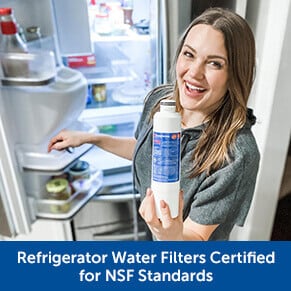



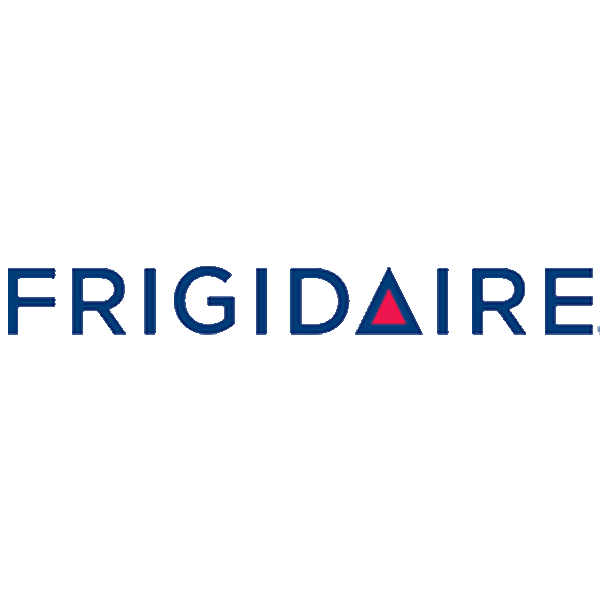


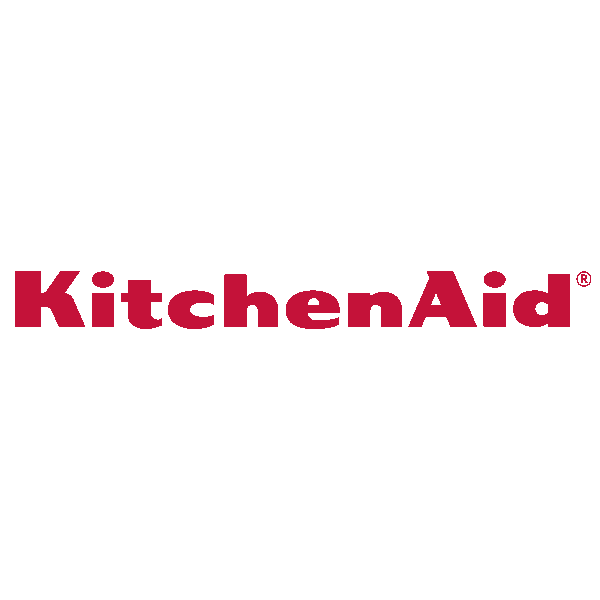
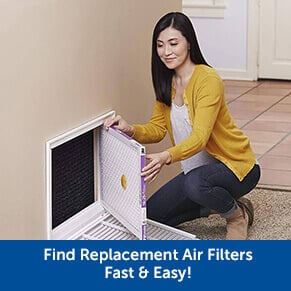

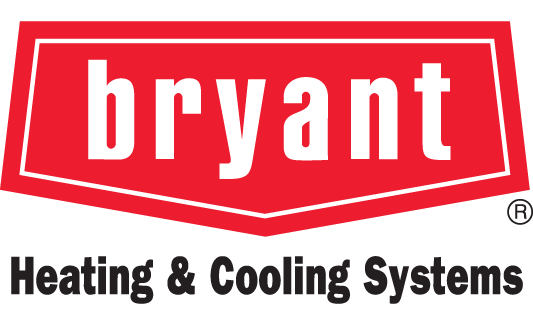
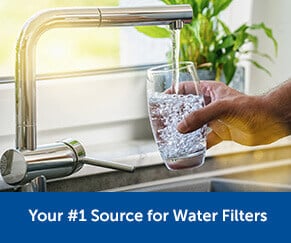

 .
.
Comment